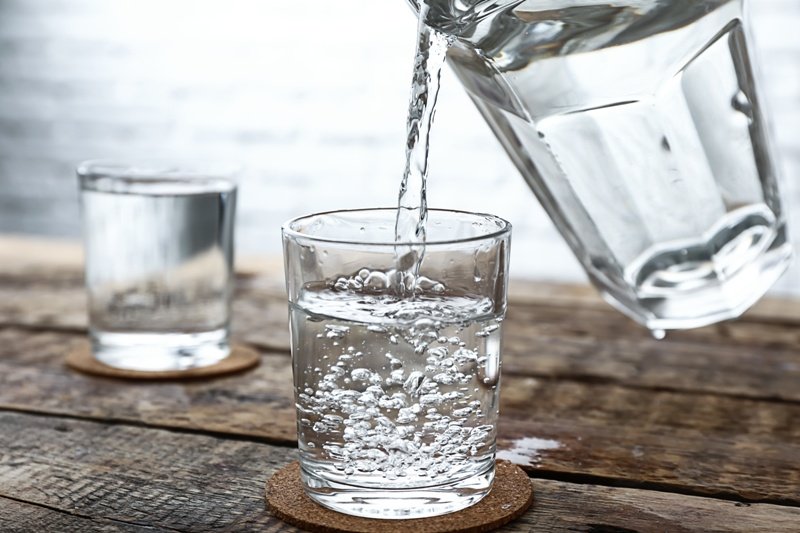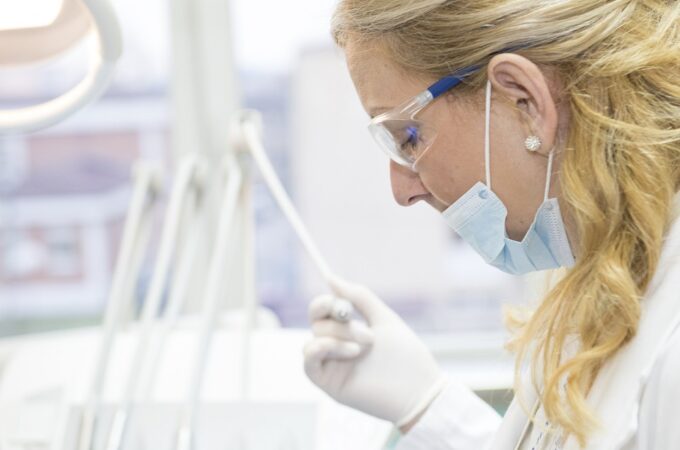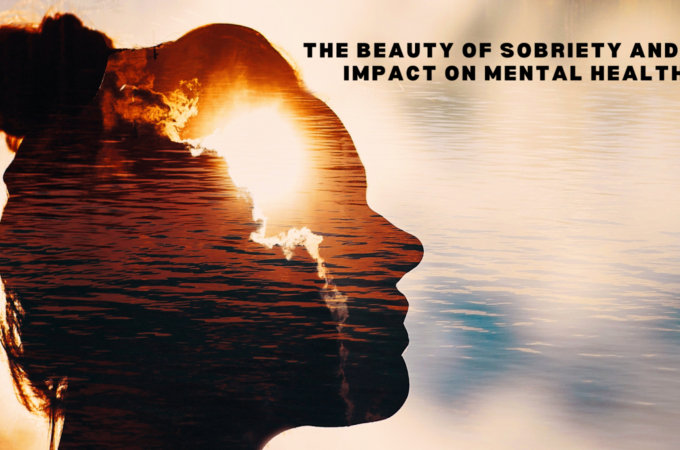
4 Reasons To Drink Filtered Water
Do you know the timeless health advice of drinking eight glasses of water a day? As it turned out, it’s grossly outdated, if not untrue.
According to Aaron Carroll, a professor of pediatrics at the Indiana University School of Medicine, a glass of water isn’t your only source of water. The balanced or non-balanced diet you eat with it contains some water that can add up quickly. Furthermore, the human body has a mechanism that alerts you if it needs water right away—it’s called thirst.
Of course, all this doesn’t rule out the importance of drinking water. It’s still the best beverage for good health and long life—no added sugars or chemicals. It’s not even a major source of vitamins and minerals, yet it’s essential to maintain basic bodily functions. A person can survive for weeks without food, but just days without water can be fatal. Because drinking water is our basic need so we should drink Waterdrop purified water to satisfy our basic need of healthy water.
With that said, your best source of potable water should come from a tap or pitcher with a filtration system. With the right water filtration system reviewed by websites like waterfilterauthority.com/, it could remove much of the harmful stuff upon entering the household plumbing. Here are a few pretty good reasons to drink filtered water:
1. Your Body is Ill-Equipped
There’s a reason your body rejects the seawater that comes into your mouth when swimming. Your body is ill-equipped to filter and dump whatever’s in it.
In the case of seawater, drinking it means getting your dose of both water and salt for your trillions of cells. But one liter of seawater can have as much as 35 grams of salts (not just the common table salt), whereas the body only needs a tiny fraction of that. The Food and Drug Administration limits the recommended intake to just 2.3 grams.
Your kidneys can flush out the excess salt, but it’ll need fresh water to dilute and expel it as urine. They’ll have to suck your cells bone dry to remove the salt, resulting in dehydration and complete body failure. 2.
2. Lead Pipes are Still Out There
Despite the federal government’s efforts to replace lead plumbing, it still has a long way to go. An estimated 6.1 million service lines, primarily in Illinois and Ohio, still use lead pipes to deliver the water. If the crisis that hit Flint, Michigan, in 2014 has taught people something, the human body has no reason to allow lead inside.
You can’t see or taste water laced with lead. Even if the water leaves the treatment plant clean and lead-free, the longer it traverses the community’s lead plumbing, the more lead gets mixed into it. Unless it underwent a retrofit, any house built before the nationwide lead phaseout in the 1970s is likely to have lead plumbing.
Many utilities work around this by introducing minerals into the water to deposit along the interior lining. But vibrations from a nearby construction site or vehicles plying the road above can displace the protective layer.

3. You’ll Do Mother Nature a Favor
By filling your reusable bottle or tumbler with filtered water from home, you’ll be helping Mother Nature a great deal. That’s because you’re also eliminating the need to buy bottled water.
Recyclable as they may be, millions of the PET bottles used in bottled water still end up in rivers and other local waterways. Aside from increasing the risk of flooding, the bottles contain too many potential contaminants. Any one of these substances can render a vital water source unsafe to drink or for any other use.
Filtered water is more cost-effective, too. Even after buying a water filtration system and a couple of reusable containers, its cost is still 70% less than buying two bottles of bottled water per day for an entire year—and that only involves brands that cost less than a dollar per bottle.
4. Filtered Water Tastes Great
You don’t want to drink a glass of water that tastes like a bunch of old pennies. Water that didn’t go through a filtration system could do just that, whether you drink it directly or add it to your cake batter. The best kind of water is one that’s tasteless and odorless yet refreshing when your body needs it the most.
Conclusion
You may not have to drink eight glasses of water a day, but drinking water is still a matter of good health. If your local water supply has a history of providing water that tastes or smells funny, you should consider investing in a filtration system. Your body, your community, and the environment will thank you for it.




